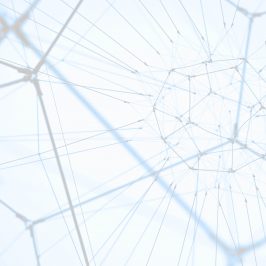Tool Created to Help Americans Take 4 Steps to Avoid Becoming Patients
Chapel Hill, NC April 03, 2020 – A free online mapping tool is now available to help Americans see the reality of COVID-19 in their communities and state. The mapping tool, available at https://lovecaregivers.org/ was created to help Americans better understand the spread of the virus and protect hospital caregivers from surges in infections that could overwhelm capacity.
Friends Alex Rich and Cameron Yick donated their time to create the tool, after seeing some political leaders advocating abandoning social distancing. It was built in a 72-hour coding collaboration. Both have friends and relatives on the front lines in hospitals nearly overwhelmed with Covid-19 patients.
The two initially worked together in 2017 when their team won the US Dept of Health and Human Services Data-for-Opioids code-a-thon. Rich and Yick were motivated to create this online tool out of as a belief that clean, simple data visualization can help flatten the curve in this crisis.
Alex Rich is a PhD candidate at the UNC Carolina Health Informatics Program. He previously served as a Healthcare Operations Innovation Fellow at the Yale Center for Biomedical Innovation and Technology (CBIT). Prior to that, Alex served as a senior special operations pilot and crash investigator for the United States Air Force. https://vimeo.com/403696569
Quote: “As a former aviation crash investigator, I’m very aware of the moments when the right piece of clear, actionable information can make all the difference in preventing a disaster. As a health data scientist, I can see that this is that moment for our country. We built this tool in a fast multi-day collaboration to help save lives by convincing Americans to commit to taking 4 simple steps to avoid becoming patients.” explained Rich.
Cameron Yick is Yale alumni working as a full stack developer and data visualization specialist at Datadog in New York City. He is a regular contributor to open-source projects focusing on interactive graphics for social causes especially when related to health and the environment.
Quote from Cameron: “People are being bombarded with a lot of different information about this virus right now. It was exciting to try to distill it down to something localized, personalized, and meaningful.”
The tool is freely available for all Americans. If you are interested in partnering with Rich and Yick to improve the tool and help spread its impact, please email Alex at Alex.Rich@unc.edu
Media Contact: Alex Rich, Alex.Rich@unc.edu, (316)213-3449

